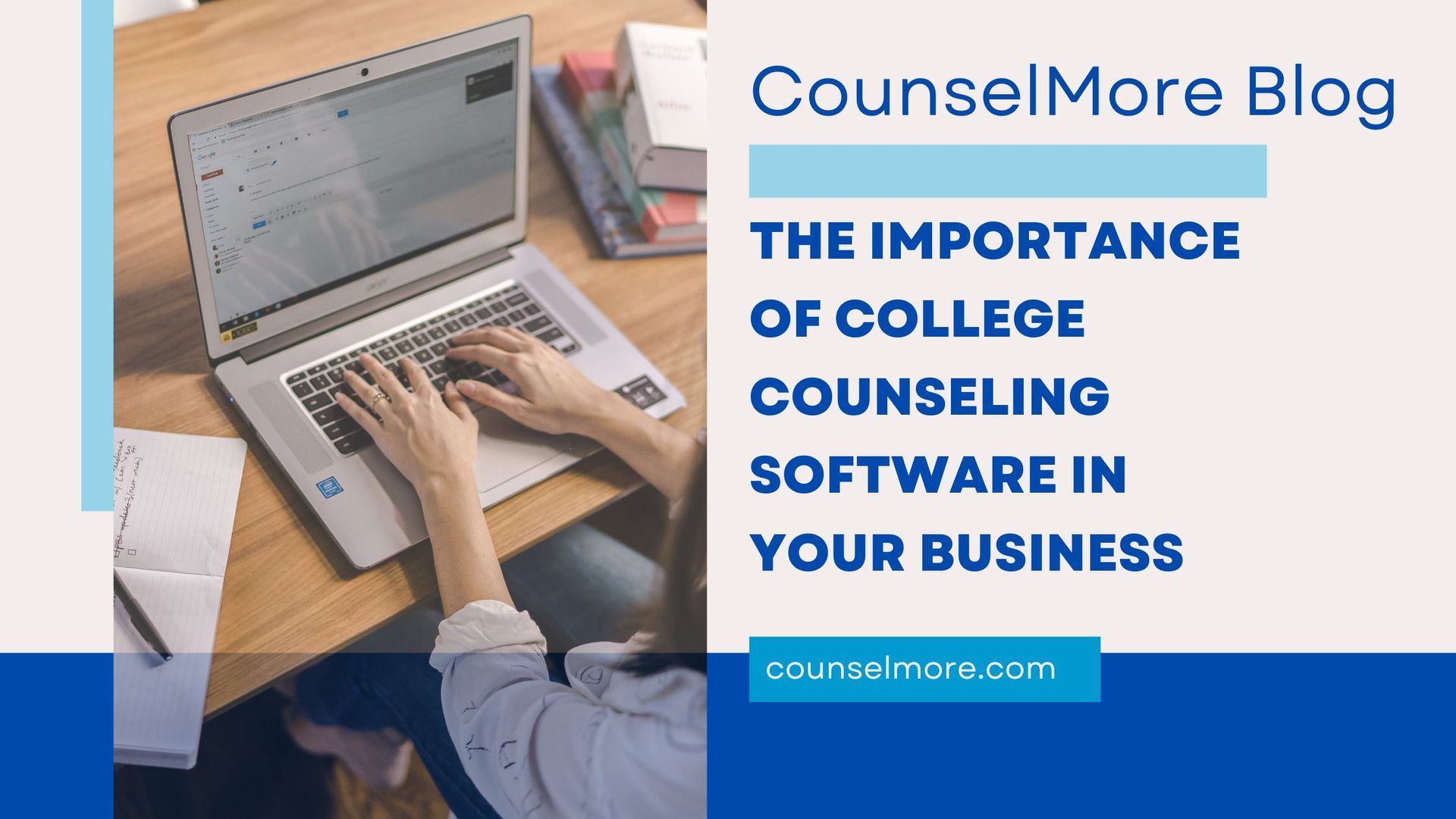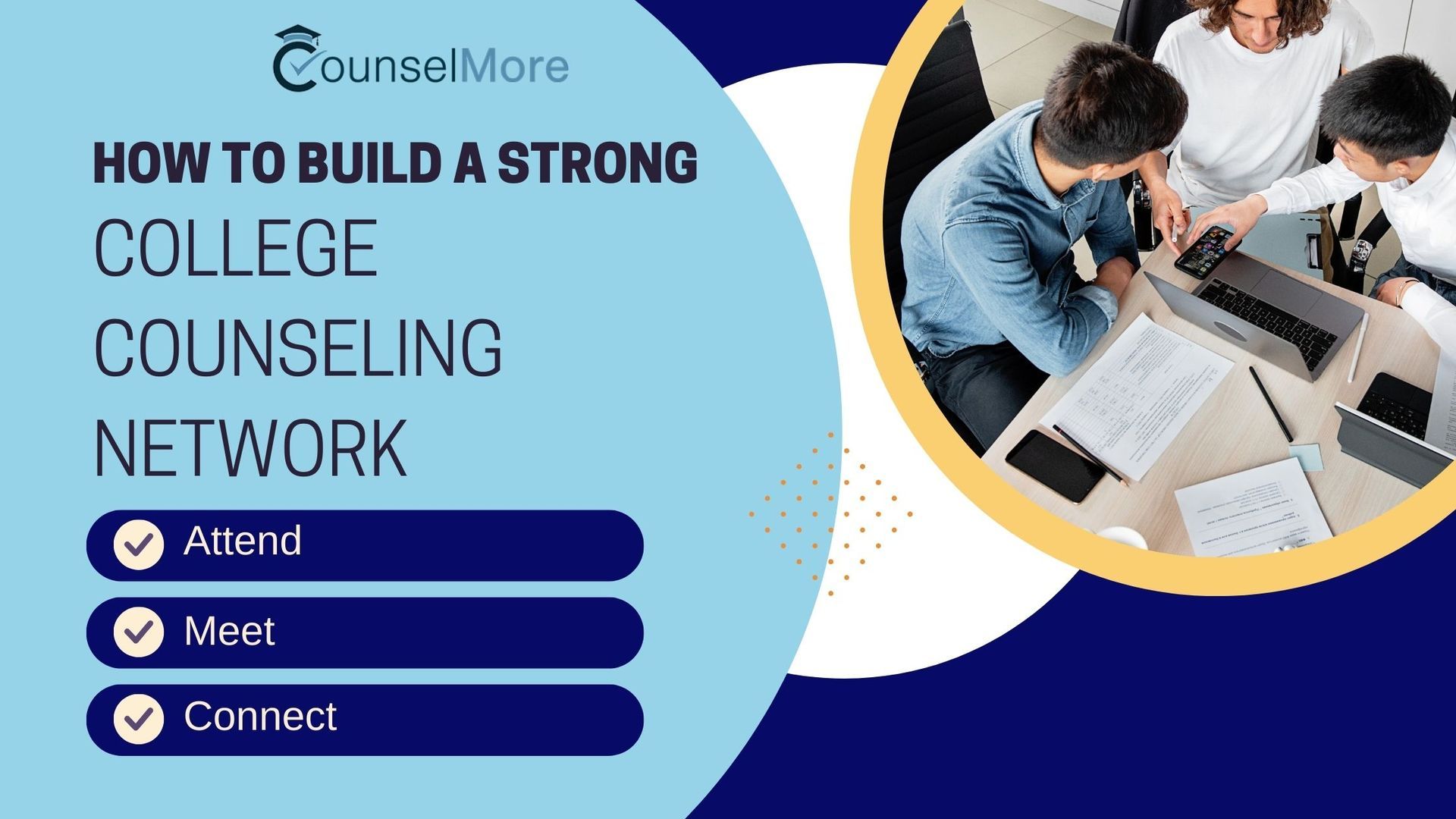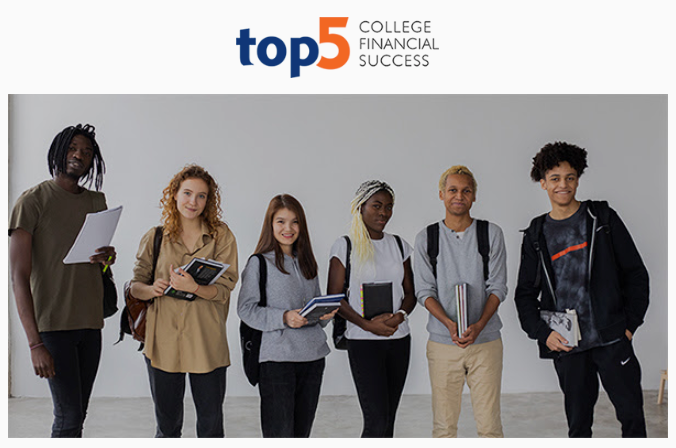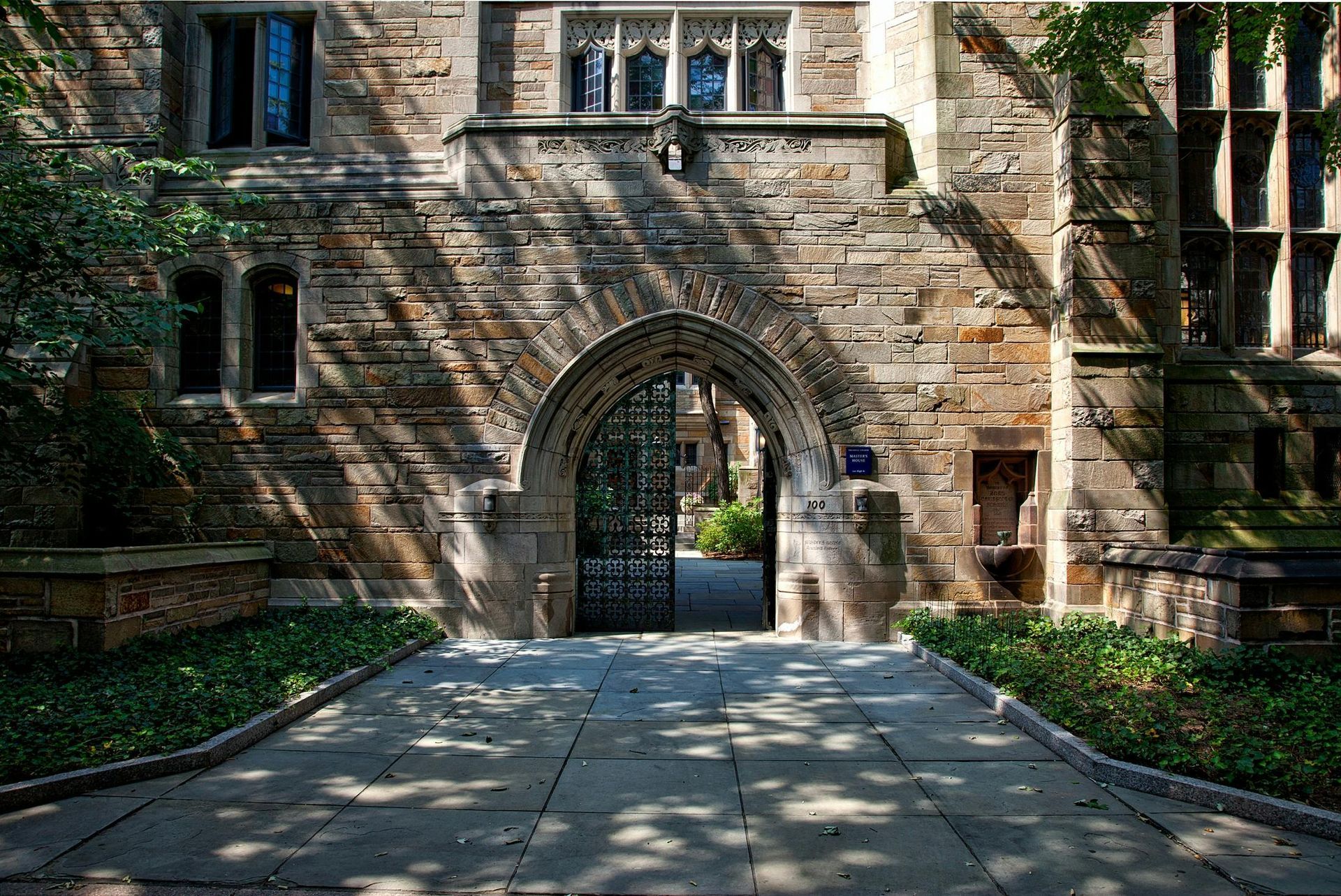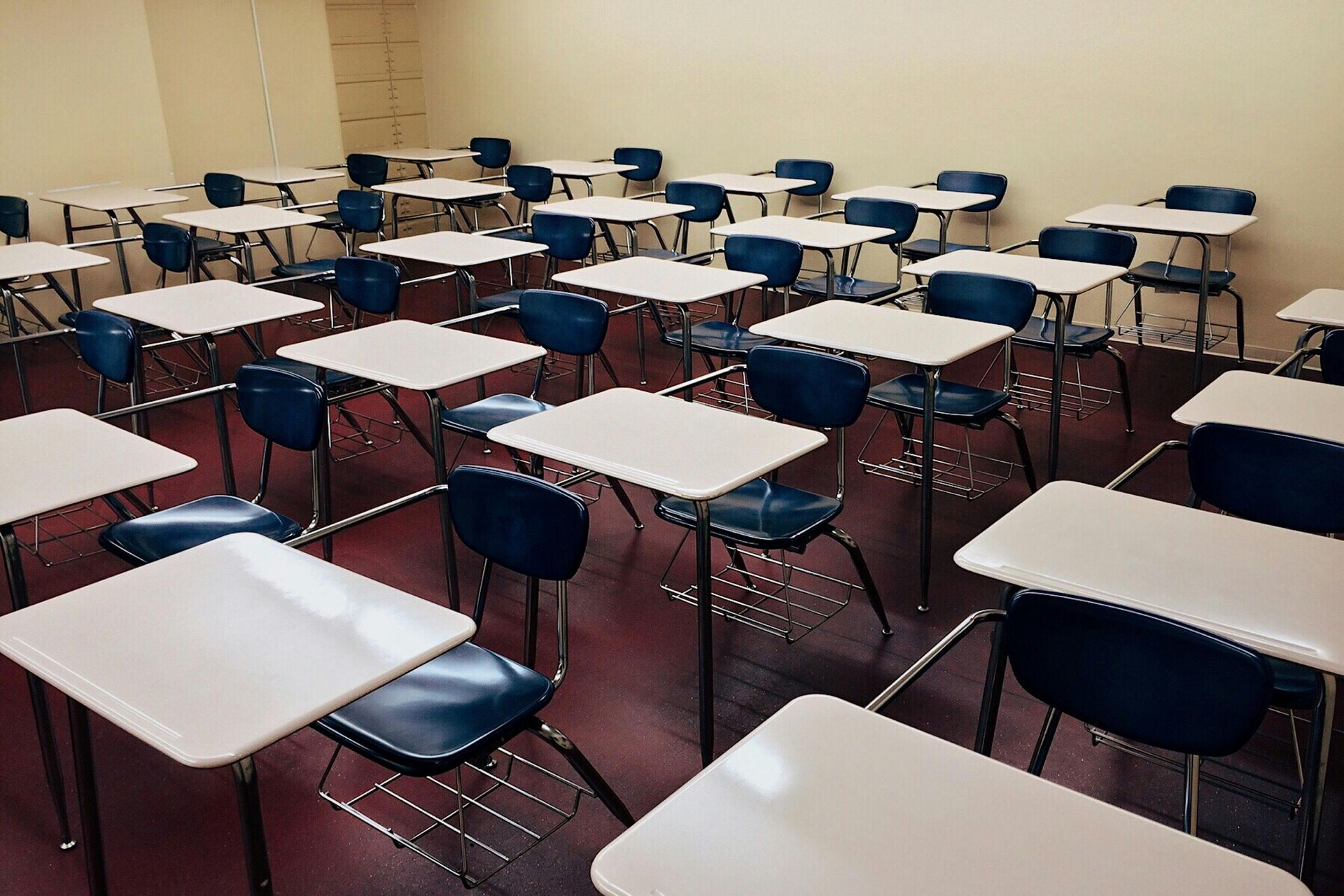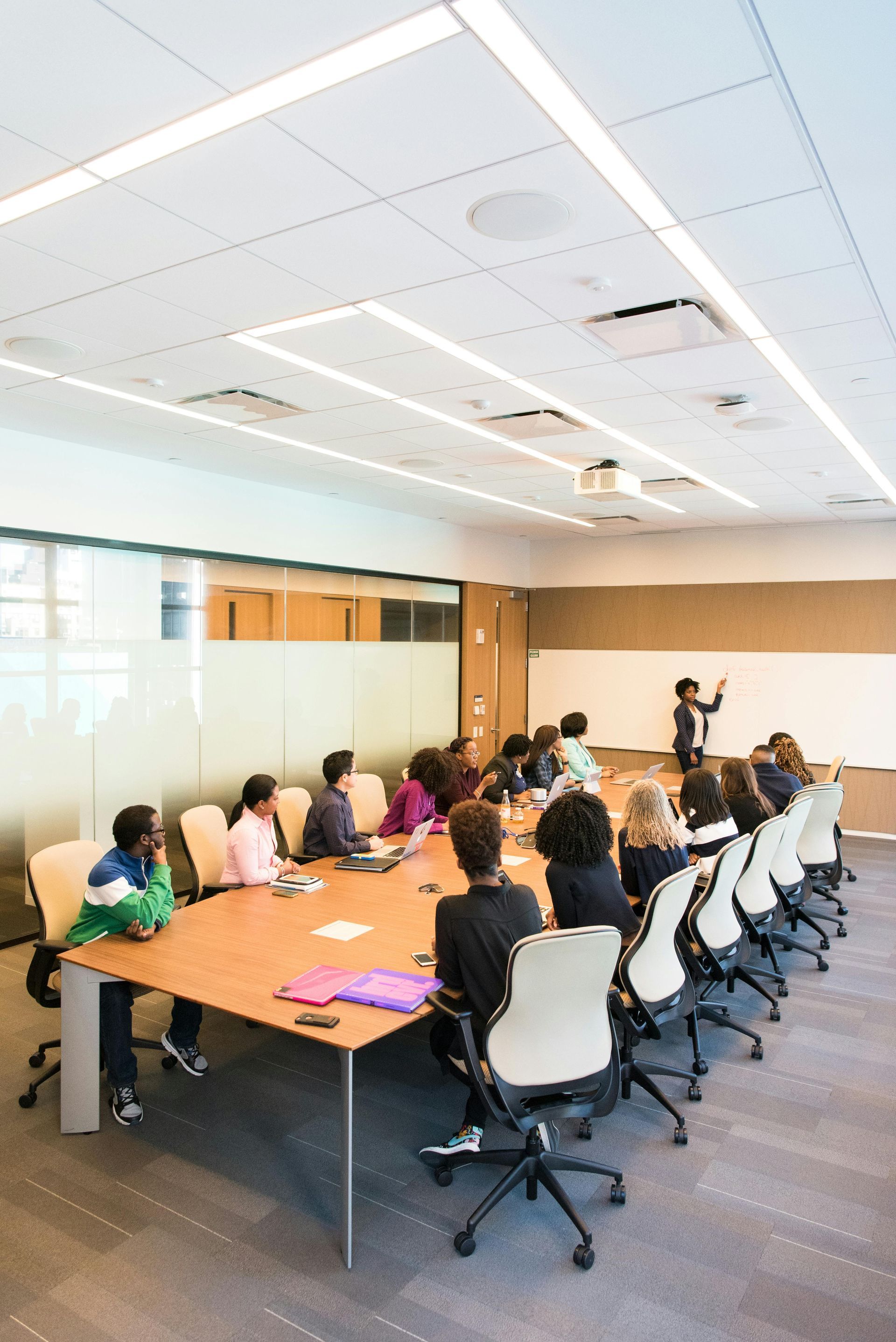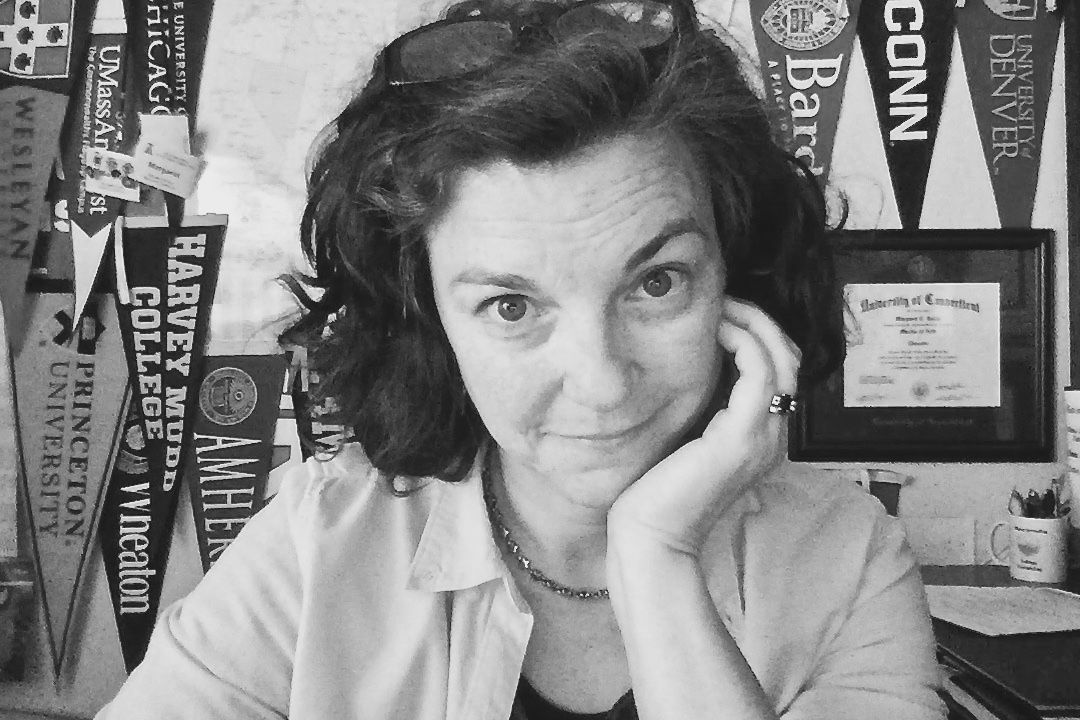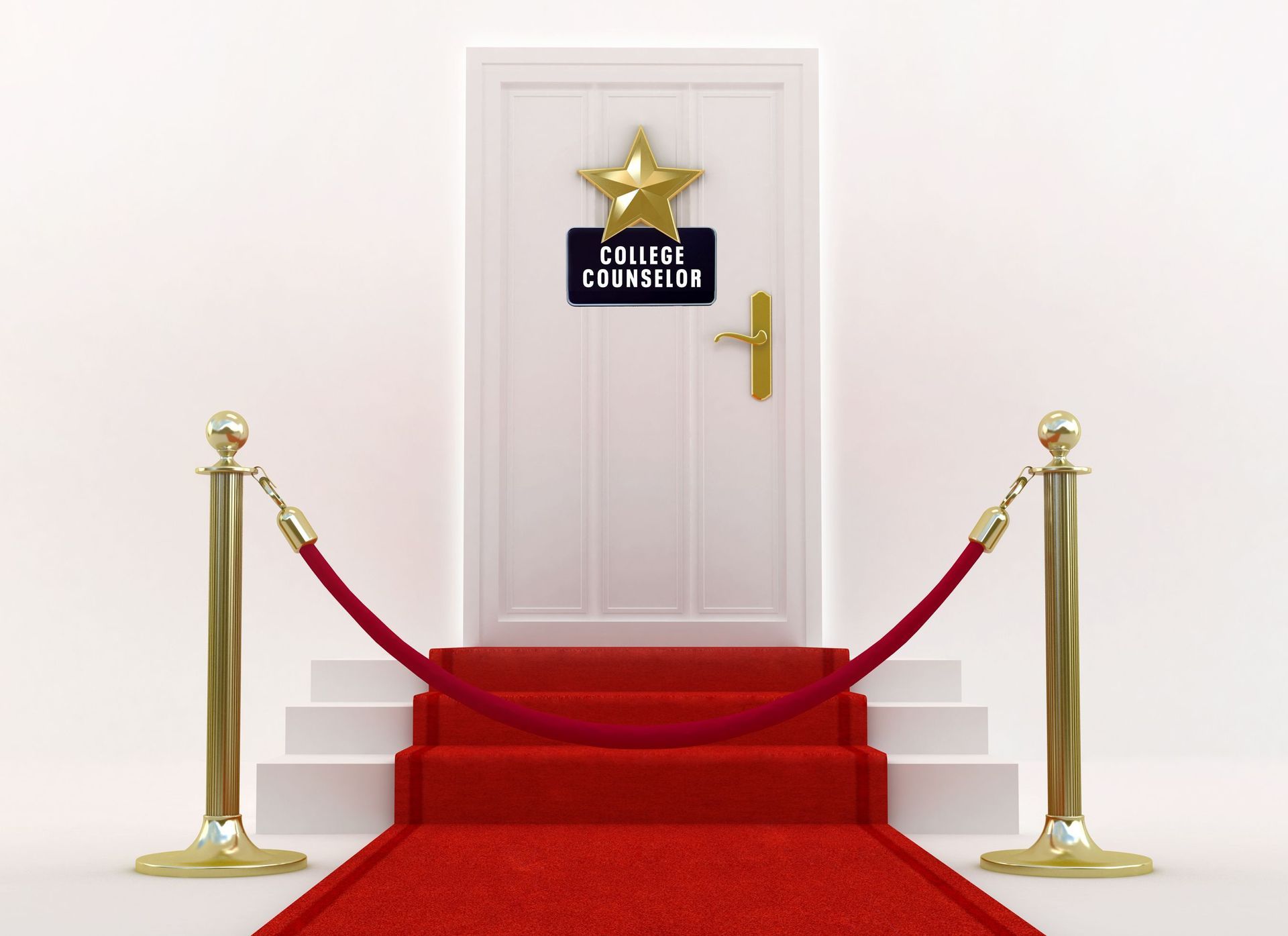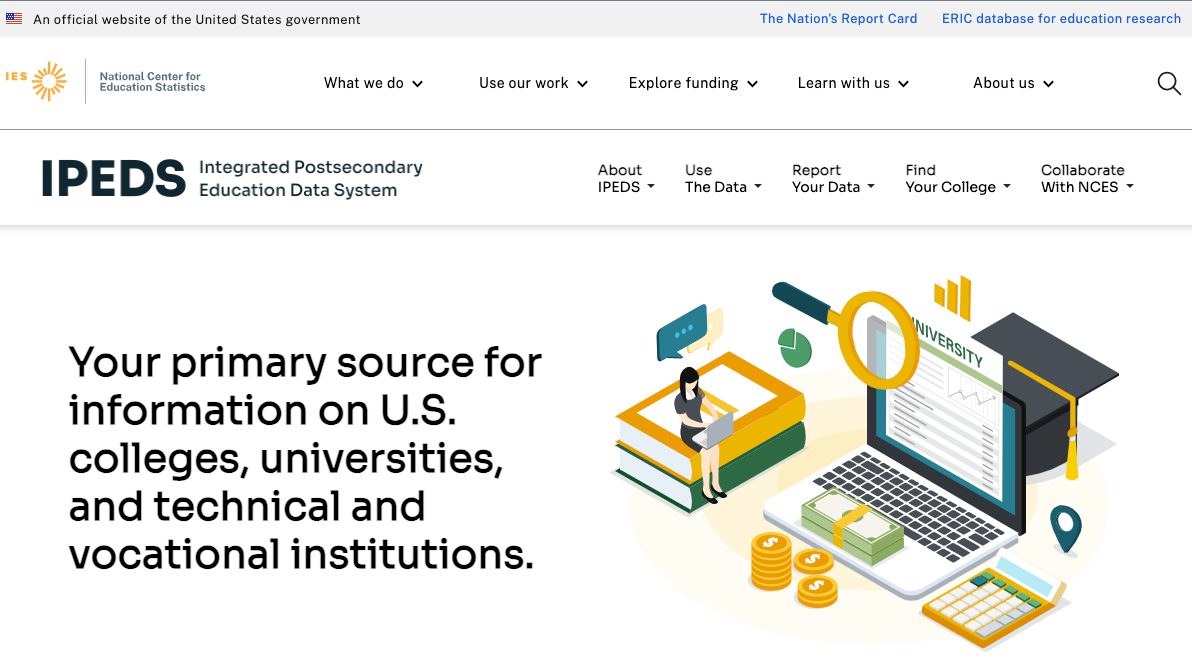As we head into summer, you may find your students nursing some emotional wounds from the past school year. Maybe they didn’t get into their top summer research program, amazing internship, or job they wanted. Maybe they bombed an exam or audition. Whatever this personal “failure” may be, it can send them into a tailspin of disappointment. Here are a number of important insights that students and educators alike can use to reframe their understanding of failure. We also provide tangible lessons on how to use failure productively in the learning process.
The Pressure Cooker to Excel: An Examination of Academic Stress
For students (and parents) with aspirations for prestigious schools, the pressure to succeed is overwhelming. In such settings, it is not uncommon for students to suffer acute emotional distress from seemingly inconsequential things. Getting a B on a test or delivering a paper one day late can feel like the end of the world to some.This is in part because of the intense competition for resources and recognition that students must engage to be elevated to honors-level classes, AP courses, special clubs, and eventually to elite colleges. But it is also because students accustomed to nothing but A’s can’t see a B in a positive light, especially if it has not been framed as such by the instructor or the school at large.
How do these competitive conditions manifest in the school environment for students? A counselor at an all-girls school in the San Francisco Bay Area explained that her students take it as a point of pride to see who can survive on the least amount of sleep.
Stanford students suffer from the “Duck Syndrome,” paddling desperately below the surface to keep up with the academic competition around them while presenting the image of relaxation, like a duck gliding across the water. And at
MIT, to the chagrin of Professor Sarma and his colleagues, students often reference “IHTFP” (an abbreviation for “I Hate This F-ing Place”) to reflect and perpetuate the feeling that their coursework makes them miserable.
Effects of High-Stress Learning Environments on Students
The solution is not necessarily to remove academic rigor. In their book
Make it Stick: The Science of Successful Learning, Henry Roediger and Mark A. McDaniel, psychology professors at
Washington University in St. Louis, examine how certain practices can help students become more productive learners, including the intentional introduction of difficulties. Perhaps the solution, instead, is to get rid of the pernicious stigmatization of failure.
Demystifying Failure: Why It's Essential for Real Learning
“A fear of failure can poison learning,” they write, “by creating aversions to the kinds of experimentation and risk-taking that characterize striving, or by diminishing performance under pressure.” In psychological terms, these students are often more focused on performance—that is, how well they do in comparison to others—than on the true mastery of a subject or skill. This means that for a student a bad grade can feel like a crippling judgment of their intellect by a jury of their peers and parents, rather than just an innocuous part of the learning process.
There are alternatives. In Finland, university students created a “National Day for Failure” in 2010 in order to promote the benefits of learning from mistakes. Sadly, this is far from the norm.
When Failure Isn't An Option: The Socioeconomic Dimension
You may have already talked to students about the importance of accepting failure. But even those gestures, though well-intended, may overlook socioeconomic inequities. Writing about his own college experience as a first generation student, education professor Tyler Hallmark recalled one of his own teachers saying “It’s OK to fail… students worry too much about their GPA.” But for less privileged students like Hallmark, failing was not simply a reputational concern; he lost a key scholarship after his freshman year when his GPA dipped below 2.5. It is also imperative not to place the burden of creating failure experiences on the students themselves. Nor should they be asked to muddle through on their own.
So what can you do to help?
Creating Safe Spaces for Failure in Academic Journey
Fortunately, there are opportunities both inside and outside of high school or college that can provide students with the experience of productive failure without threatening their GPA. Doing an independent research project, creating a podcast, writing an app, building a prototype, learning an instrument, picking up a new sport, or doing a passion project of any kind can provide them with a rigorous academic experience without the pressure of grades. Removing this pressure encourages them to take chances and make mistakes in ways that high school and college classes don’t.
Our own data proves this point. In a survey of more than 1,000 members of our alumni—students who have done passion projects with Polygence—91% reported that they did things in their projects they would not have had the chance to do in school. And 88% said that they learned things that will help or already have helped them succeed in college. One reason for these ratings is that these independent projects provide a safe haven for failure. Do not let the fear of failure prevent your students from taking a chance on a big dream or a new idea.
Overcoming Fear of Failure: Three Effective Strategies
1. Diffuse fear by imagining worst-case scenarios.
This step-by-step process for imagining worst-case scenarios was devised by the author Tim Ferriss, who based it on the Stoic practice of præmeditatio malorum, “the premeditation of evils.” The Stoics believed that the fear of not knowing may create more anxiety than the fear of failure itself. So by imagining what may happen, you can take away that anxiety.
In Ferriss’s version, called Fear-Setting, he asks himself the following simple questions:
What’s the worst thing that could happen if you did this or didn’t do it?
How could you prevent the worst-case scenario from happening?
How could you repair the damages of those outcomes?
If you attempted to do things that might lead to failure but then didn’t, what would the benefits of success be?
And finally, what is the cost of inaction, of not even trying something because of your fear of failing?
Once a student has done the visualization work and contemplated possible scenarios, the potential failure might not feel as threatening.
2. Embrace the process of multiple drafts.
This next tip is especially helpful for writer’s block, but it can be used to think about starting and completing any personal project. When author John McPhee’s daughter Jenny was a senior in high school, he offered her some advice after she complained about the time it took to simply start a writing project, let alone finish it:
“The way to do a piece of writing is three or four times over, never once. For me, the hardest part comes first, getting something—anything—out in front of me. Sometimes in a nervous frenzy I just fling words as if I were flinging mud at a wall. Blurt out, heave out, babble out something—anything—as a first draft. With that, you have achieved a sort of nucleus...You finish that first awful blurting, and then you put the thing aside.”
In other words, most writers–even great ones like Pulitzer-Prize-winning John McPhee–don’t produce print-worthy prose on the first pass. And unlike a final exam, passion projects like a piece of writing, a prototype, or an experiment allow a student to keep coming back to revise mistakes.
3. Strive to fail on purpose at least 9 times and celebrate failure.
Celebrating failure and striving to fail on purpose are great antidotes to humiliation. They can also be good ways to get students to trick themselves past failure and relax enough to think more creatively. Simone Giertz, a popular YouTube inventor, talks about her own career path in this way. She started making useless robots as a way to learn more about engineering and bypass her crippling performance anxiety. And it totally worked. She went from making ridiculous prototypes (e.g., a toothbrushing helmet) to building a fully functional electric cybertruck before Tesla did. Her joy and passion for engineering come through in all of her attempts, no matter how “unsuccessful” they may be. Failing nine times gives the student a concrete tactic to destigmatize failure and shows them how much failure really is part of an ongoing process toward success. Why nine? Nine is a sweet spot, an ideal failure-to-success ratio that is conducive to learning.
When Failure Leads to Success Case Study: A Student's Journey
We conclude with a case study that shows how effective failure leads to success. Chloe started a Polygence project during the summer of her junior year at the encouragement of her college counselor. Working with her Polygence mentor,
Chloe devised an experiment to test whether native or non-native plant species sequestered more carbon. There was just one problem: the experiment didn’t produce any significant results to support her hypothesis. Compared to many controlled experiments in high school science classes, failing to get interpretable data seemed like a big letdown. But as her mentor explained, failed experiments are not only extremely common, they tend to be extremely useful to the research process.
Join Polygence: Cultivate Resilience in Students and Learn from Expert Mentors!
By confronting failure in an experiment of her own design, Chloe learned this lesson early. More importantly, she learned how to translate that lesson to an equally gratifying outcome. She went back, isolated everything she did wrong, and described how she would correct those mistakes. She even created a new campaign that would inform consumers about the carbon sequestration rates of different plant species. This idea was so compelling that a local plant nursery and greenhouse agreed to work with Chloe to create classifications for their inventory, informing customers about how well certain plants capture carbon. “All these small solutions are going to have a big impact,” Chloe observed after completing her project. Equipped with experiences of effective failure like this one, she’ll be ready to achieve great things. Check out more successful student projects!
Create a free account with Polygence and work with an expert mentor!


